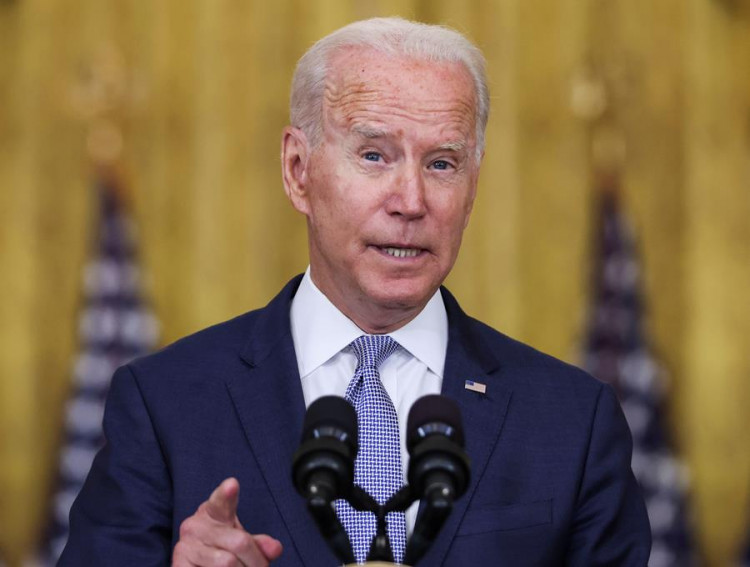The Group of Seven (G7) nations, comprising the world's major democracies, has issued a stark warning to Iran regarding the potential transfer of ballistic missiles to Russia. In a united stance, the United States alongside its G7 allies, including France, Japan, Italy, Germany, the United Kingdom, Canada, and the European Union, expressed grave concerns over reports that Tehran might be contemplating such a move. This comes in the wake of Iran's prior supply of unmanned aerial vehicles (UAVs) to Russia, which have been employed in continuous attacks against civilians in Ukraine.
The G7's statement emphasized the readiness of its members to take "new and significant measures" against Iran should the missile transfer proceed, although specific actions were not outlined. These measures could potentially include sanctions, with one option being the suspension of Iran Air flights to European cities, signaling a severe response to any escalation in Iran's support for Russia's military efforts in Ukraine.
This warning aligns with reports that Iran had negotiated with Moscow to send hundreds of ballistic missiles to Russia, a claim Tehran denies. Despite the absence of concrete evidence of such a transfer, G7 nations are keen to preempt any actions that would further fuel the conflict in Ukraine. The statement highlights the alliance's commitment to a coordinated response to deter Tehran from bolstering Russia's arsenal, amidst increasing ties between Moscow and other adversaries of the U.S., such as North Korea.
Iran's potential benefits from the transfer are also under scrutiny, with Tehran seeking Russian military equipment worth billions of dollars, enhancing its threat to the Middle East and U.S. interests. In response to initial reports, Iran's mission to the United Nations emphasized its moral stance against fueling the war through weapon transactions, despite no legal barriers to ballistic missile sales.
The G7's firm stance follows a series of aggressive U.S. actions in response to Iran's belligerent behavior, including support for militias attacking U.S. bases and alleged cyber attacks on American infrastructure. U.S. Secretary of State Antony Blinken underscored the serious and united concern among European and American countries regarding the potential missile transfer, reaffirming their resolve to address it if necessary.
Amidst these geopolitical tensions, the G7, under Italy's chairmanship, and the European Union are contemplating additional measures against Iran for arming Russia. The potential provision of ballistic missiles by Iran to Russia would mark a significant escalation in support for Moscow's war efforts, contravening international law and the United Nations Charter.
As the global community watches closely, the outcome of these warnings and the potential for further sanctions against Iran could have far-reaching implications for the ongoing conflict in Ukraine and the broader stability of international relations.




